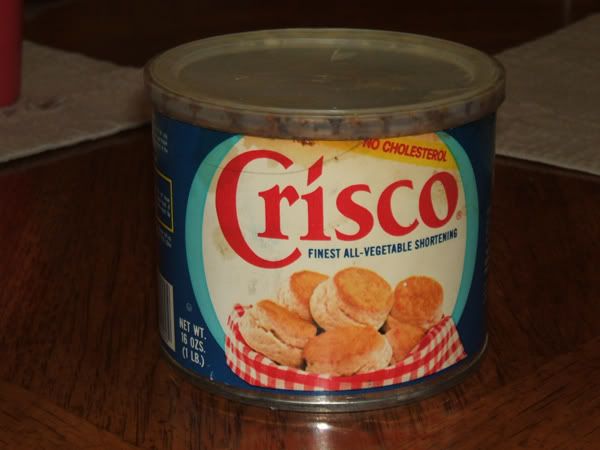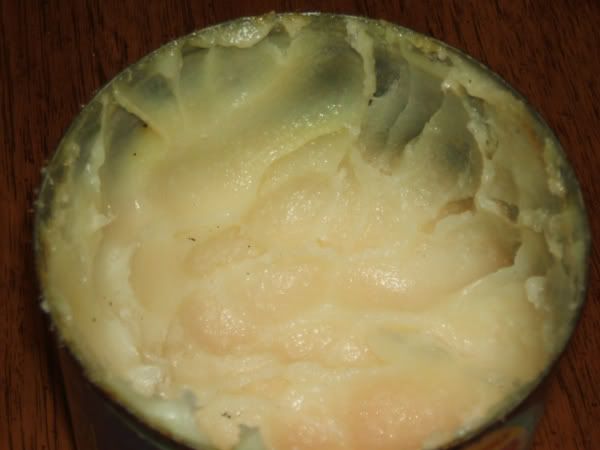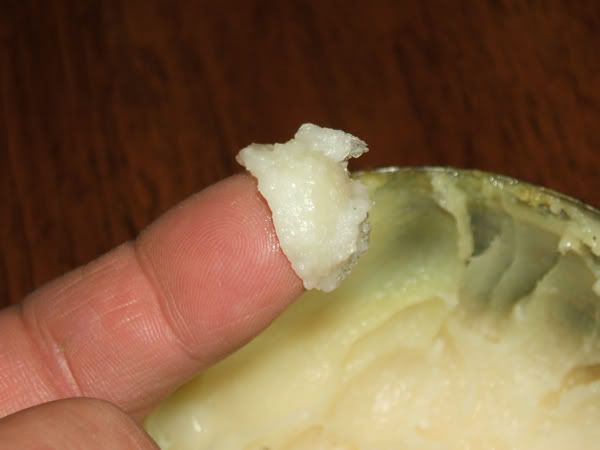I think...
...Brian is relating things about as realistically as possible when he says, use what works for you.
I have kept my shortening (I can't really use the term "Crisco" any longer since I am using a cheaper generic substitutes) based lube for long periods of time ( a year or more) in my shooting box with no evidense that is it changing its chemical composition or physical properties. I think that may be due to the possibilty that mixing it with toilet donuts may stabilize the organic stuff. Pure shortening may go rancid but I could never get pure shortening to work anyway. Too runny in hot wx.
I don't see an accumulation of goop on the revolvers because I am pretty fastidious when it comes to cleaning.
I might add that along with the Cattleman I bought used yesterday was an almost full container of Thompson's Bore Butter. This pistol had not been handled in about ten years. All of the supplies that came with it had price tags that revealed that they were purchased a long time ago. (Hornady bullets for under ten bucks.)
Anyway, this bore butter has set up over this long period to the point where it is just about the same consistency as the bore lube I cook up myself. It is not like what I have purchased more recently which is like snot.
It still smells like a brothel but it might actually work.
Why in the name of heaven do they put perfume in Bore Butter?!
...Brian is relating things about as realistically as possible when he says, use what works for you.
I have kept my shortening (I can't really use the term "Crisco" any longer since I am using a cheaper generic substitutes) based lube for long periods of time ( a year or more) in my shooting box with no evidense that is it changing its chemical composition or physical properties. I think that may be due to the possibilty that mixing it with toilet donuts may stabilize the organic stuff. Pure shortening may go rancid but I could never get pure shortening to work anyway. Too runny in hot wx.
I don't see an accumulation of goop on the revolvers because I am pretty fastidious when it comes to cleaning.
I might add that along with the Cattleman I bought used yesterday was an almost full container of Thompson's Bore Butter. This pistol had not been handled in about ten years. All of the supplies that came with it had price tags that revealed that they were purchased a long time ago. (Hornady bullets for under ten bucks.)
Anyway, this bore butter has set up over this long period to the point where it is just about the same consistency as the bore lube I cook up myself. It is not like what I have purchased more recently which is like snot.
It still smells like a brothel but it might actually work.
Why in the name of heaven do they put perfume in Bore Butter?!



